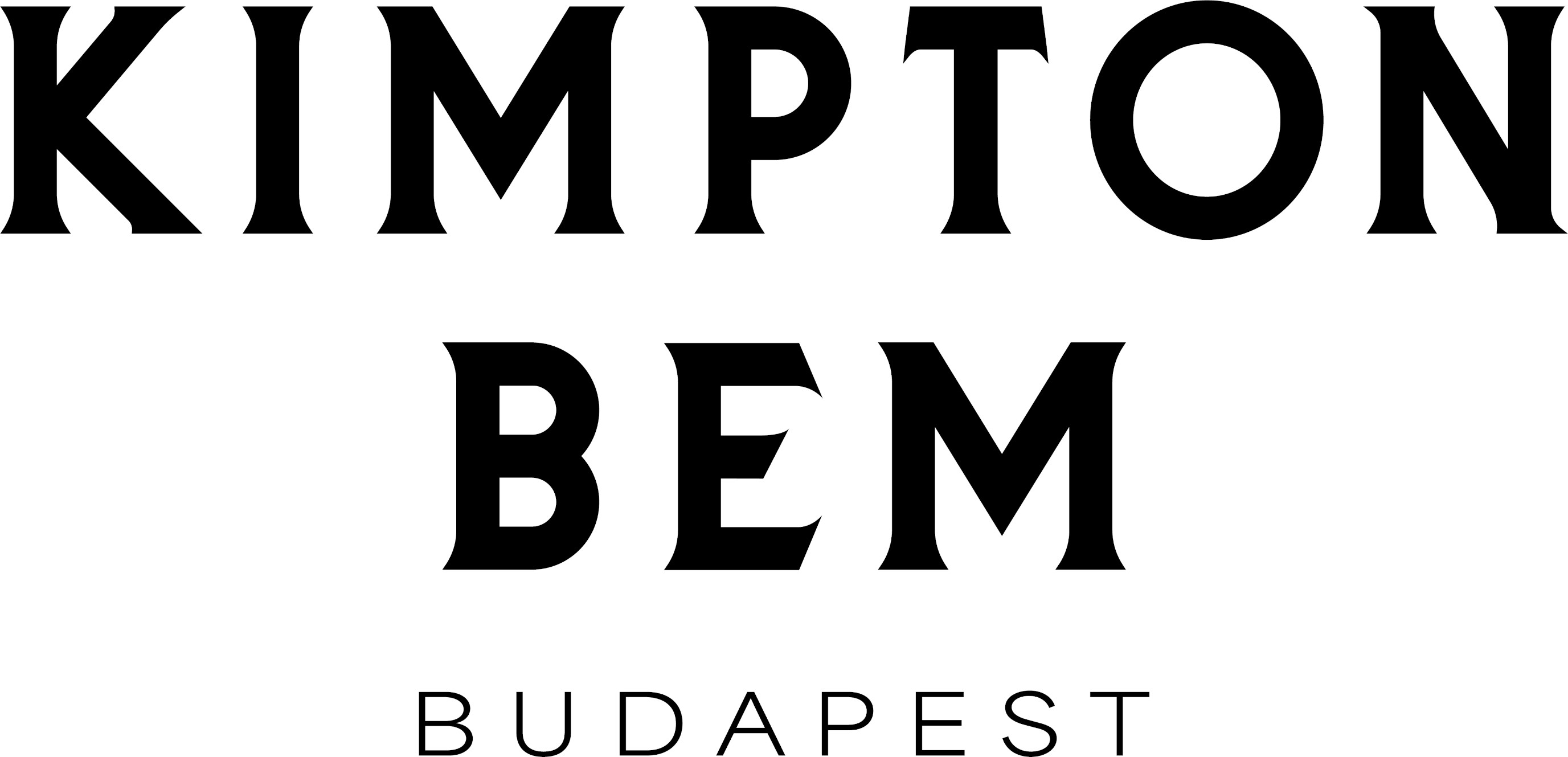Govt's Economic Recovery Strategy Over-Reliant on 'Steel & Concrete', Says Matolcsy
- 27 Jul 2021 11:16 AM
- Hungary Matters

The real question is whether the government continues to follow a “sweeping” fiscal policy or whether it invests smartly in people’s skills, the National Bank of Hungary (NBH) governor wrote in the online edition of daily Magyar Nemzet.
“This is not just about 2022, but about the entire decade,” he said, referring to next year’s general election.
Matolcsy proposed changing the 2022 budget, insisting that the share of “smart investments” needed to generate knowledge-intensive growth was too low in the bill approved last month.
He also said the government should lower the current budget deficit target of 5.9% of GDP and return to targeting a 3 percent deficit in parallel with reductions to the public debt.
Around half of the government investments in next year’s budget are tied up in construction, he said, noting that between 2017 and 2020 Hungary saw the largest increase in the share of construction investments in the European Union.
Matolcsy said it was construction projects rather than “smart investments” that were driving up Hungary’s investment rate. Hungary also has the largest share of government investments of all EU member states, he noted.
“The state is investing in steel and concrete rather than skills, institutions and brains,” he added.
Matolcsy said that because of the shortages plaguing the construction sector, the government’s many construction projects were generating high inflation in the industry, aggravated by inflation imported from abroad.
All sources of growth are important, he said, but the most important source for sustainable convergence with more developed economies was productivity growth, he added.
The key here was digital investment, Matolcsy said.
The low level of hi-tech investments couple with outsized construction investments, he said, sucked away resources for productivity growth, he said.
MTI Photo: Tamás Kovács






























LATEST NEWS IN finance